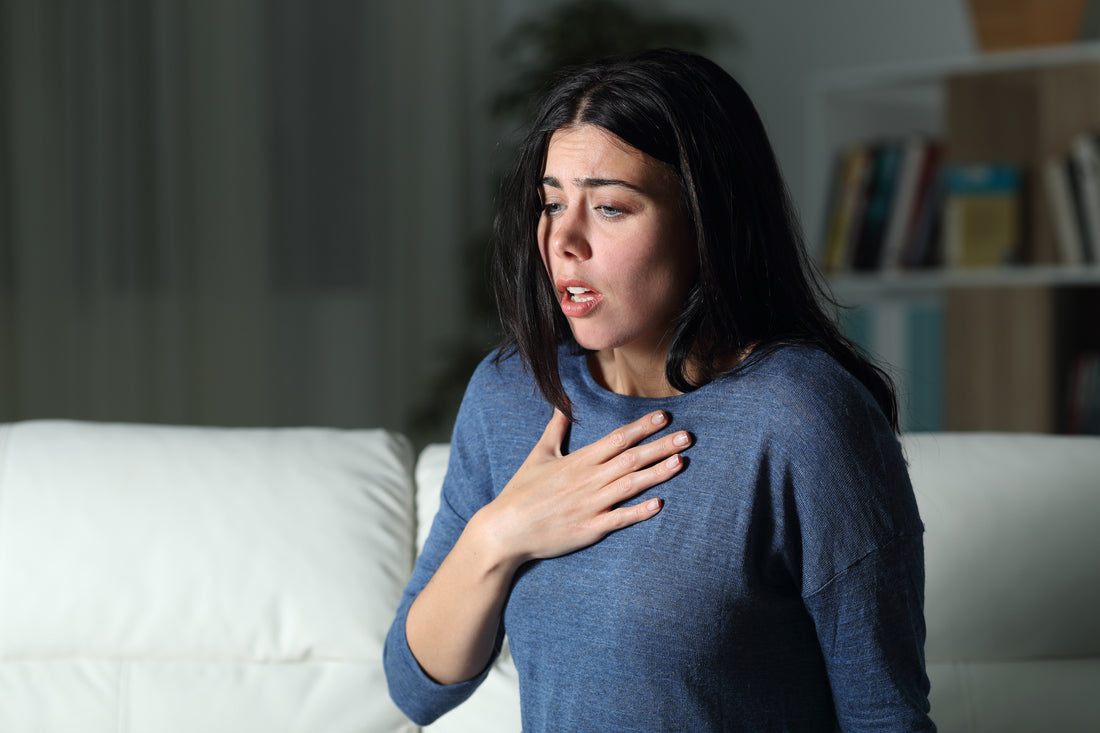
Do You Have an Anxiety Disorder?
Dr. Linda HancockEveryone feels the normal human emotions, nervousness or worry at times, especially when life difficulties occur, a test is to be written or a serious problem needs to be solved. When the anxiety is so severe that it interferes with them being able to lead a normal life because of the distress, however, that person may be experiencing one of several mental illnesses. These usually involve intense fear and can be evidenced and diagnosed in different ways as follows:
Social Anxiety Disorder (Social Phobia) - This condition is often inappropriately called "shyness", a term which implies that there isn't a solution or treatment for it. The disorder is treatable though. At its worst, the person who suffers from it is worried and self-conscious in everyday social situations. They think that others are judging them or that they might be ridiculed because of their behaviours. To keep the anxiety down, the individual often avoids or retreats from social settings and events.
Specific Phobias - Sometimes intense and inappropriate fear of an object or situation causes a person to avoid going to places or near objects even if they are harmless. The fear can be associated with a number of things such as heights, flying, snakes or insects.
Panic Attacks - This involves symptoms of sweating, chest pain, irregular heartbeat, feelings of choking and the idea that you are having a heart attack or going crazy. Usually, the attack offers little or no warning and can result in embarrassment when medical personnel complete an assessment and state that the person is physically healthy.
Obsessive-compulsive Disorder (OCD) - An obsession is a constant thought or fear. A compulsion is the ritual or routine that the person does to try to lower the anxiety caused by the thoughts and behaviours. One of the most commonly known examples of OCD is constant hand washing by someone who is unreasonably afraid of germs.
Post-traumatic stress disorder (PTSD) - Most people think that this condition is only associated with war, but it actually can result when a person or someone they care about experience an event that might cause serious injury or death. The intense reaction to sexual or physical assault, unexpected death of a loved one or a natural disaster can result in a PTSD diagnosis. Symptoms include emotional reactions that range from numbness to horror as well as recurring thoughts or memories of the trauma.
Generalized Anxiety Disorder - The criteria for this disorder include excessive worry and tension that plague an individual even if there is little or nothing to provoke it.
Even though the above disorders all involve anxiety, there are different severities and, because people are complex, the symptoms can vary in degree from one person to another. If you are experiencing difficulties with anxiety, consider booking an appointment with a clinical psychologist who will teach you strategies to deal with them.
You see, there is good news. Anxiety disorders are treatable!
